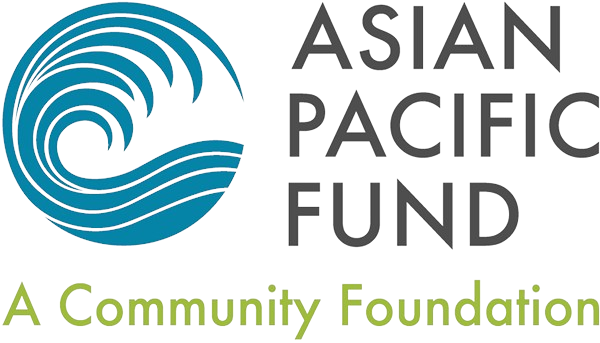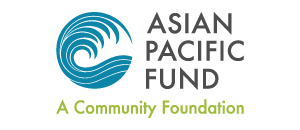Edible Empowerment
Kenny Okagaki, Runner Up
12th Grade
San Francisco
I hear the profound rhythm of my ancestors in my church’s annual mochitsuki, the traditional pounding of rice cakes for the New Year. My great-grandfather, one of the founders of our Japanese American church, passed on the tradition to my grandfather, who passed it on to my mother, who passed it on to me. The wooden mallet’s steady beat has guided my life from my earliest days of rice pounding as a three-year-old to my current youth leadership position within the Buena Vista Methodist Church.
My church is empowering. From the musicians who inspired me to learn guitar, to the teachers who taught me to love unconditionally, to the minister who would train me in basketball — I am eternally thankful with a deep sense of giri (a debt of gratitude that can never be fulfilled.)
My church absolutely loves basketball and banquets. I’ve been playing basketball in the church’s league since my shot couldn’t even reach the basket. After the games, there are always church luncheons. The mothers make famous spam musubi; the elders make Japanese delicacies such as yakisoba; the fathers grill succulent barbeque. The sense of community brought forth by ten players, a basketball, and homemade food is transcendent. I’ve been hooping my whole life and I’m still not full.
The friendships I made in basketball eventually led to me join the Japanese Community Youth Council program based in San Francisco’s Japantown, the geographic nucleus of my community. It changed my life. As a counselor for elementary school kids, I loved giving back to the community for five summers. My favorite kid was a troublemaking jokester named Andre who drove the other leaders crazy. I was the only counselor who could connect with him and actually get the comedian to follow directions. I bonded with Andre through our shared love for Chinese dumplings. Food bridged a generational gap. My summers in Japantown inspired me to share my family and community’s story.
Every Sunday, my family goes to my grandparents’ house for a dinner to exchange stories. These narratives motivated me to write a poem. I wrote the statewide award winning poem “Camp Dust” as a poignant testament to my grandparents’ stories in the internment camps and the 442nd Regimental Combat Team of World War II America — told over countless family dinners.
My community, the Asian American community, is more than an ethnicity. We are 18 million rising in a country that homogenizes Asians within the dominant culture. I believe that as more Asians break free of what author Eddie Huang calls the “Bamboo Ceiling“— stereotypes and stigmas — we can follow our true passions and better reach our individual dreams. In order to disprove these stereotypes, we must share our stories and be proud of who we are. Food is a fundamental gateway into foreign culture. As Asian Americans, we must uphold our culinary traditions to bolster our respective identities, maintain cultural traditions, and bridge gaps between different generations and ethnicities. What a delicious way to live!

